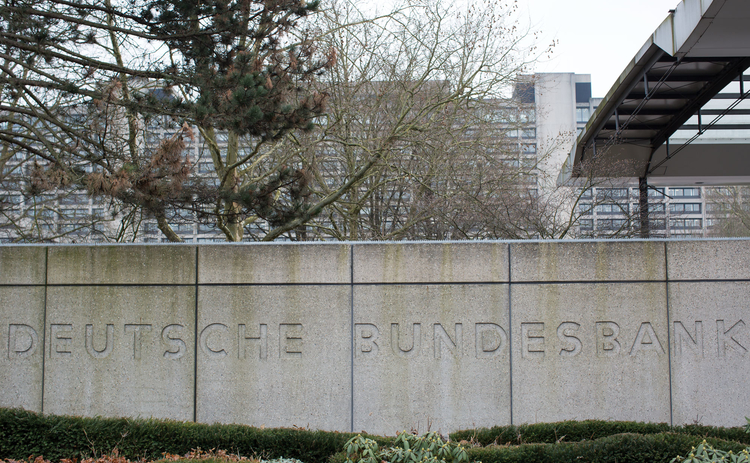The Central Bank of Germany (Bundesbank) has estimated that the country’s economy manages to stay afloat or could suffer “a major setback” if the restrictions imposed to stop the coronavirus pandemic are extended again (COVID-19).
Chancellor Angela Merkel and the prime ministers of the German Länder have agreed to extend anti-epidemic restrictions and tighten some of them, such as the one on private meetings, which are limited to one dwelling outside one person. Educational institutions remain closed, with some exceptions, non-essential shops, restaurants and cultural and recreational activities are suspended. On Tuesday, Angela Merkel convened a meeting with regional leaders to discuss tightening restrictions.
The German economy should be able not to back down in the context of the current restrictions, but the trend could change if measures are extended or tightened, the Bundesbank warned.
“If the number of infections is not significantly reduced and current restrictions on economic activity persist, or even tighten, the economy could suffer a major setback,” the German Central Bank’s monthly report said Monday.
“GDP has probably stagnated, but not contracted in the last three months of 2020, as the recovery in industry and the construction sector has dampened the decline in retail and the hospitality industry. These encouraging signals about the resilience of the German economy give us hope that restrictions on economic activity should not unduly delay recovery, “the Bundesbank said.
The institution cites the recent Brexit agreement as a positive indication for trade.

